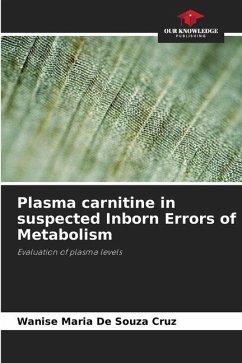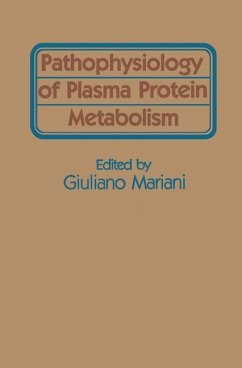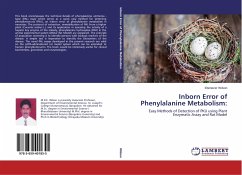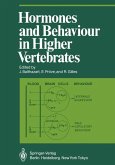L-carnitine is an important nutrient for energy metabolism. It participates in the transport of long-chain fatty acids across the mitochondrial membrane to generate energy and maintain the appropriate concentration of free coenzyme A. L-carnitine homeostasis is maintained through intake from food sources, biosynthesis, transport to tissues and efficient renal reabsorption. Only the brain, liver and kidneys are capable of carrying out the complete biosynthesis of L-carnitine and only the liver and kidneys are responsible for supplying the tissues. Alterations in L-carnitine metabolism can occur due to hereditary causes or secondary to various acquired medical conditions. A rapid, simple and low-cost methodology was studied to screen for plasma L-carnitine deficiency in patients with various diseases or to monitor patients under supplementation.








